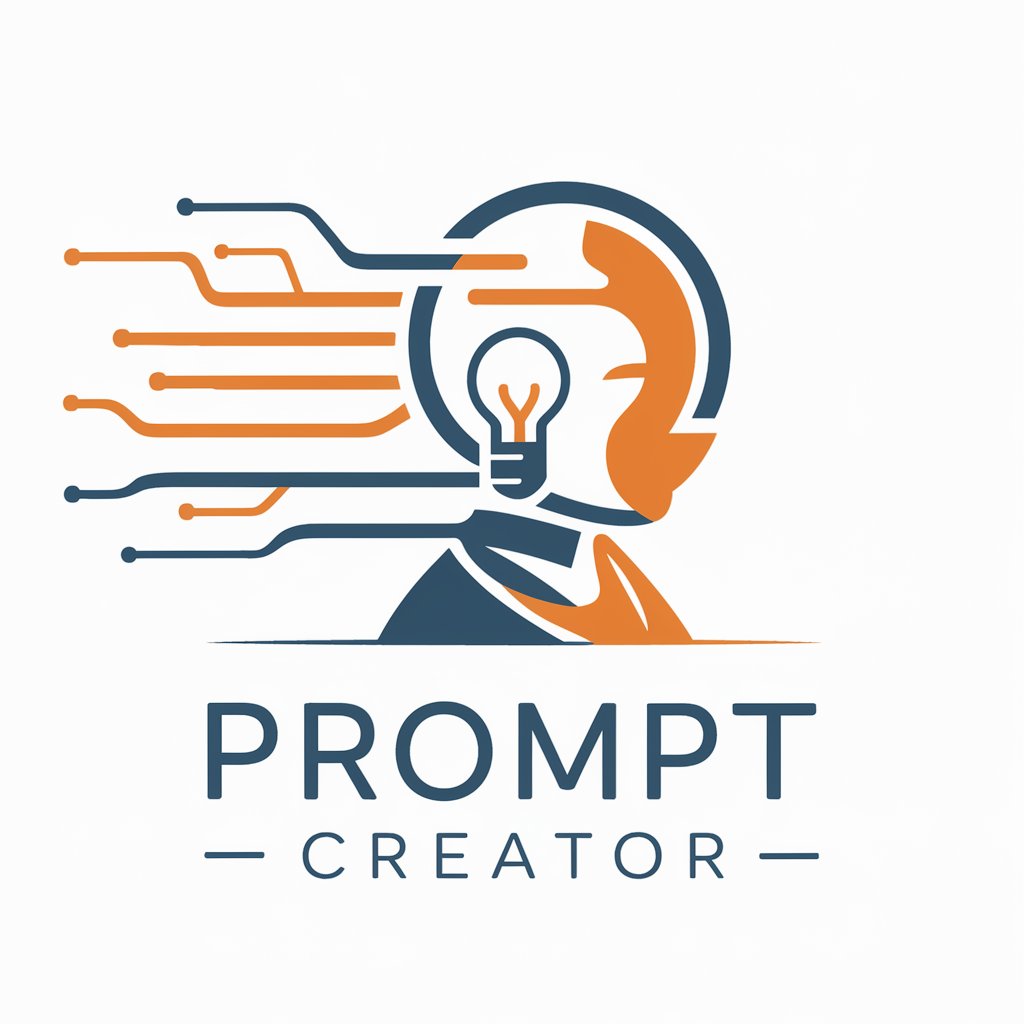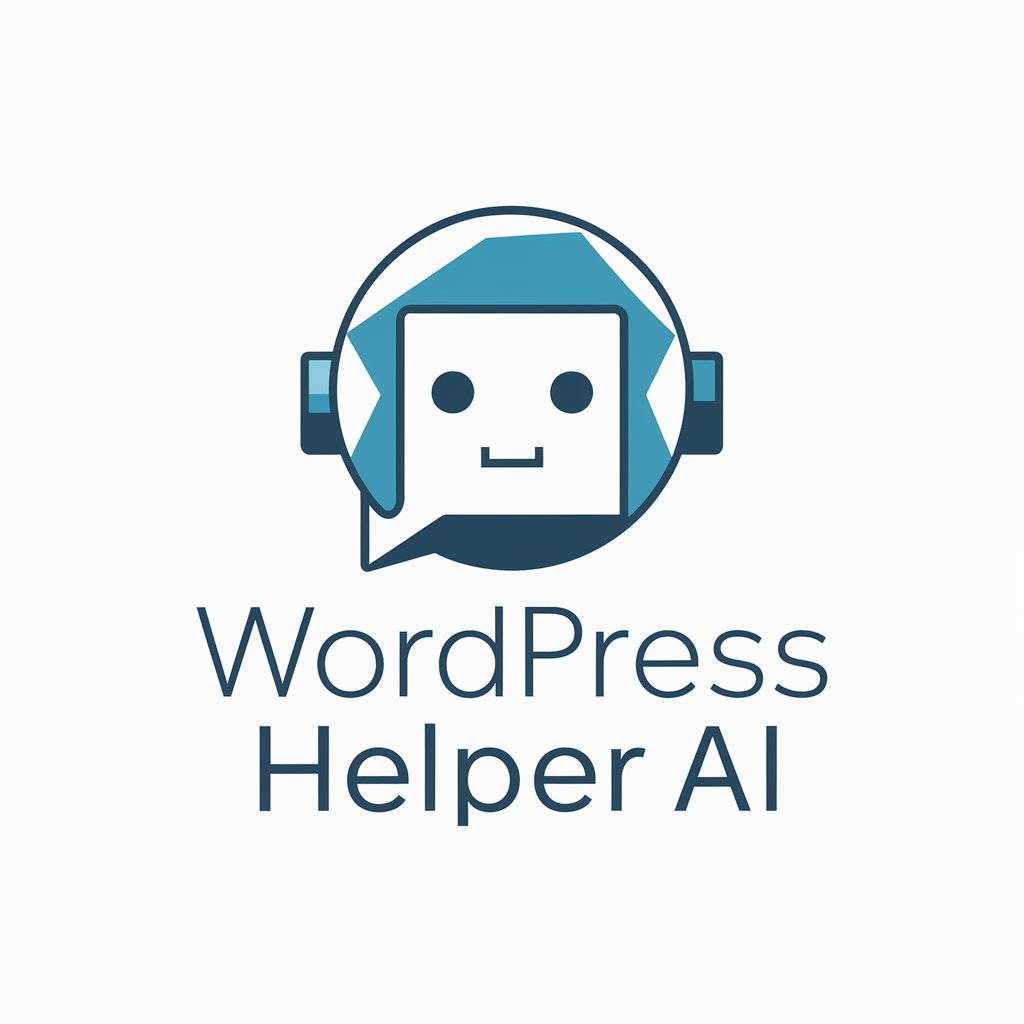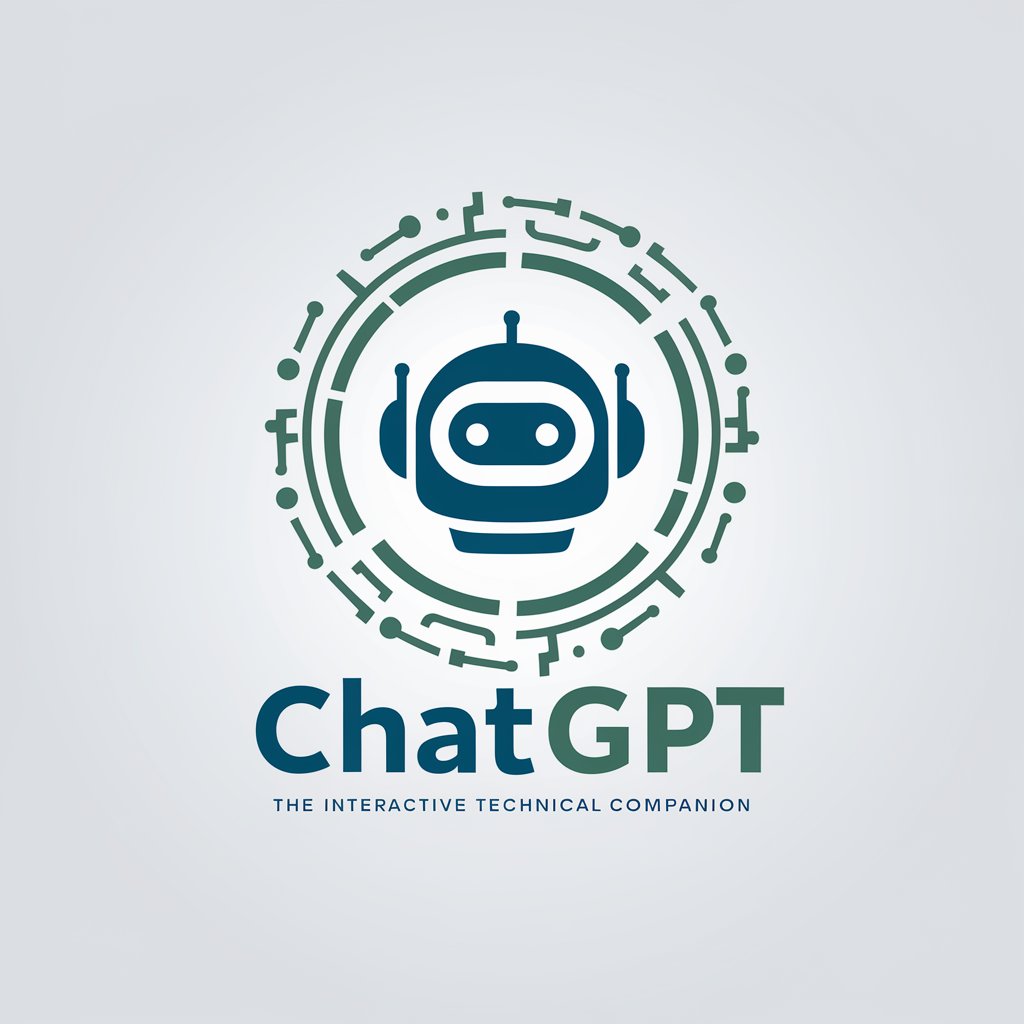AI fact-checking paper - AI Fact-Checking Tool

Welcome! Let's explore the research together.
AI-powered accuracy assessment
Explain the primary findings of the research paper...
What methodology was used in the study...
Describe the impact of AI fact-checking on...
Summarize the key points discussed in the conclusion...
Get Embed Code
Overview of the AI Fact-Checking Paper
This research paper explores the efficacy and potential downsides of using artificial intelligence (AI), specifically large language models (LLMs), for fact-checking political news. It discusses the challenges of misinformation in the digital age and how AI might be both a solution and a new source of problems. The study involves a preregistered randomized control experiment to assess how AI-generated fact-checks influence people's belief in and willingness to share true and false political news. Powered by ChatGPT-4o。

Main Functions Explored in the AI Fact-Checking Paper
Evaluating AI Accuracy in Fact-Checking
Example
The paper measures ChatGPT's accuracy in fact-checking real political news stories, showing it performs well in identifying false headlines but is less reliable with true ones.
Scenario
In scenarios where false headlines are accurately debunked, AI fact-checking can potentially curb the spread of misinformation.
Impact of AI Fact-Checks on Belief and Sharing Intent
Example
The study investigates whether exposure to AI fact-checks affects participants' belief in the accuracy of news headlines and their willingness to share these on social media.
Scenario
Participants exposed to AI fact-checks showed no significant improvement in discerning headline accuracy, and in some cases, AI fact-checks even increased the likelihood of sharing false news.
Ideal Users of AI Fact-Checking Services According to the Paper
Social Media Platforms
Platforms looking to automatically moderate content and reduce the spread of misinformation could use AI fact-checking to assess the veracity of shared news.
Researchers and Policymakers
Individuals studying misinformation dynamics or crafting policies to combat fake news might use insights from AI fact-checking studies to inform their strategies.

Guidelines for Using AI Fact-Checking
Initiate Free Trial
Start by visiting yeschat.ai for a complimentary trial, without the necessity of logging in or subscribing to ChatGPT Plus.
Understand AI Capabilities
Familiarize yourself with the AI's capabilities and limitations in fact-checking, as outlined in the provided research or documentation.
Prepare Your Queries
Compile the statements or claims you wish to verify, ensuring they are clear and specific to maximize the AI's effectiveness.
Evaluate Fact-Checks
Critically assess the AI's fact-check responses, noting any uncertainties or limitations mentioned in its replies.
Iterate and Adapt
Refine your approach based on the AI's performance, adjusting your queries or seeking additional verification as necessary.
Try other advanced and practical GPTs
GPT Ideas Maker
Unleash Creativity with AI-Powered Ideas

Tech Troubleshoot
AI-Powered Tech Support at Your Fingertips

Marathoner
AI-Powered Marathon Training Tailored to You

Prompt Creator
Crafting Precise AI Prompts, Effortlessly

Easy Learning GPT
Master Data Science through AI-driven Mock Interviews

Your English Tutor
Empowering English Proficiency with AI

Global Visa Guide
Simplifying Visa Applications with AI

SEM Ad Copy Expert with Character Count
Craft perfect ads with AI-powered precision

AI Website Support
Elevate Your WordPress Experience with AI

ITC
Empowering your tech journey with AI.

AI Sailor’s Guide
Navigate Confidently with AI-Powered Sailing Insights

Super Car Creator
Design your dream car with AI

Detailed Q&A on AI Fact-Checking
What is AI fact-checking?
AI fact-checking involves using artificial intelligence to verify the accuracy of statements or claims, leveraging large datasets and natural language processing to assess veracity.
How accurate is AI in fact-checking?
AI shows promise in identifying false information but may struggle with true statements or those requiring nuanced understanding, as highlighted by the study.
Can AI replace human fact-checkers?
While AI can assist in the fact-checking process, its current limitations mean it cannot fully replace human judgment and critical evaluation.
What are the challenges of AI fact-checking?
Challenges include handling nuanced or new information, avoiding biases in AI models, and ensuring the AI's reasoning is transparent and understandable.
How can one improve AI fact-checking effectiveness?
Improvements can be made through continuous training on diverse datasets, incorporating feedback mechanisms, and combining AI with human expertise.
